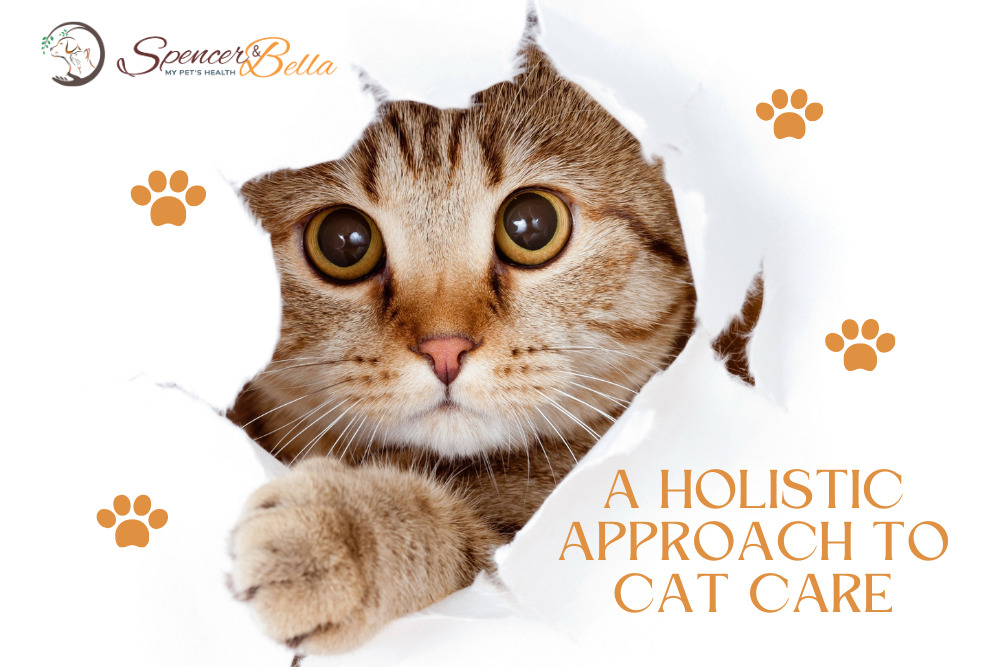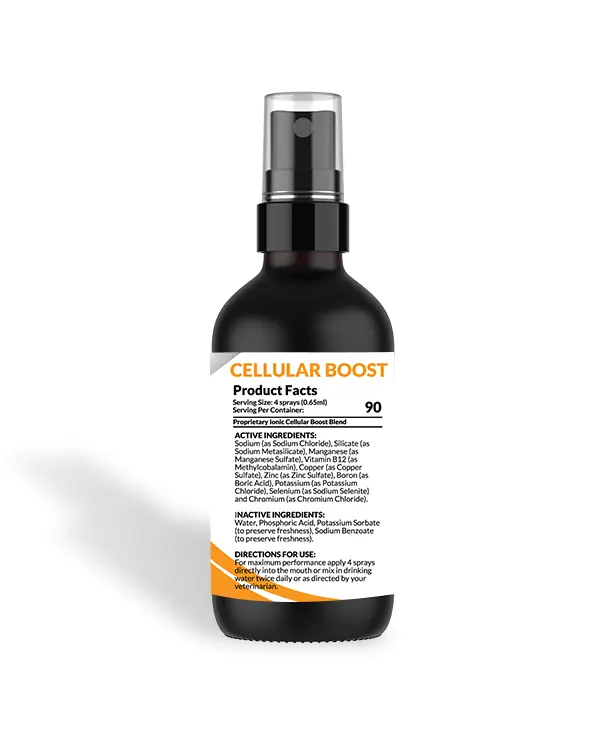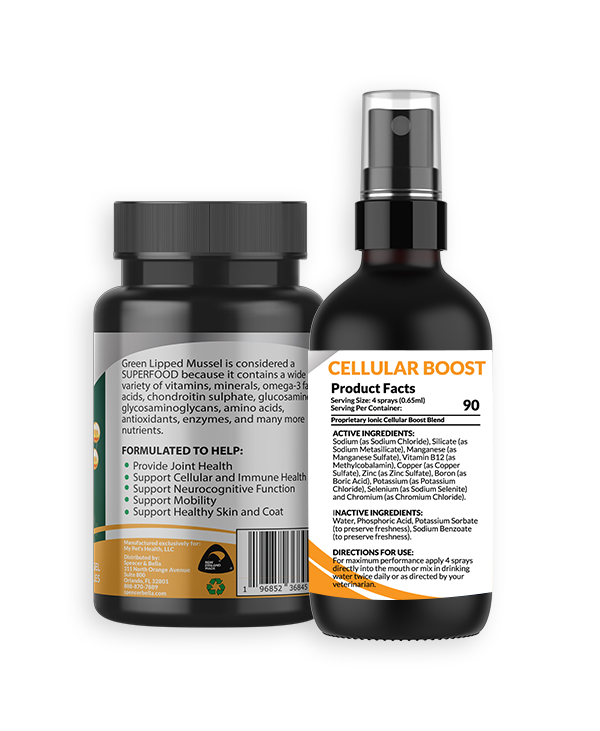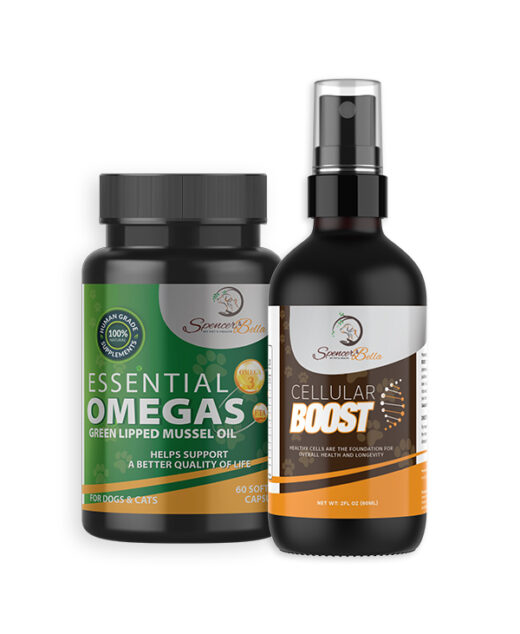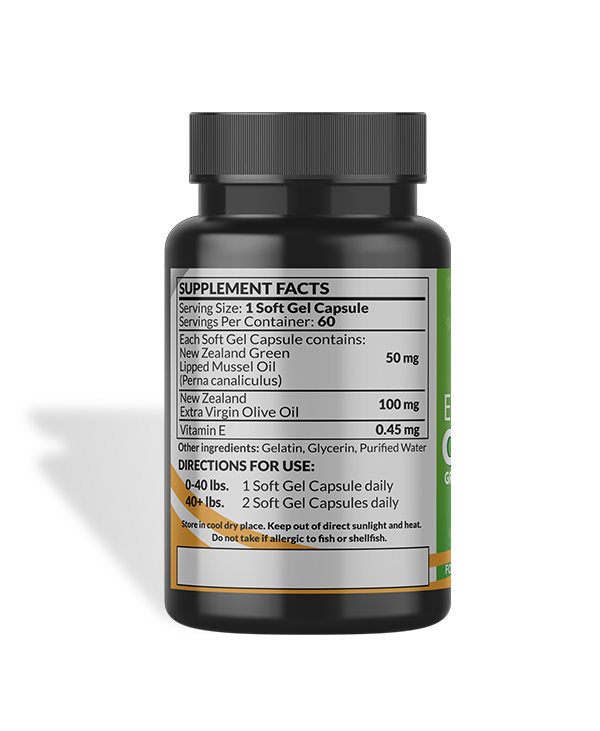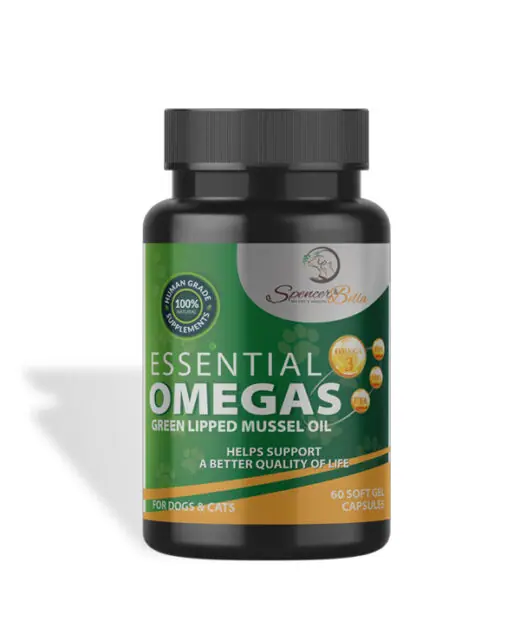As a responsible pet owner, ensuring that your cat is healthy and well-nourished is essential. One of the key factors contributing to your cat’s overall well-being is their diet. In this article, we will explore the importance of healthy cat food, maintaining an optimal cat weight, choosing suitable treats, promoting healthy cat gums, monitoring cat weight by age, and understanding the average healthy cat weight.
Healthy Cat Food:
What is Healthy Cat Food?
Feeding your cat a balanced and nutritious diet is crucial for their overall health. Healthy cat food should provide all the essential nutrients, vitamins, and minerals your feline friend needs. Look for cat food brands that offer a complete and balanced formula, specifically designed to meet the nutritional requirements of cats. These formulas often contain high-quality protein sources, healthy fats, vitamins, and minerals.
Maintaining a Healthy Cat Weight

Just like humans, cats can face weight-related issues. Maintaining a healthy cat weight is vital to prevent obesity or malnutrition. To ensure your cat’s weight is within a healthy range, it is important to provide them with appropriate portion sizes of nutritious food. Consult your veterinarian to determine the ideal weight range for your specific cat breed and age. Regular exercise and playtime can also contribute to maintaining a healthy weight.
The significance of AAFCO (Association of American Feed Control Officials) certification will be discussed. This certification ensures that the cat food meets the necessary nutritional standards and provides a complete and balanced diet.
Selecting Healthy Cat Treats
While treats can be a great way to reward your cat or provide additional nutrition, it’s essential to choose healthy options. Opt for treats that are specifically formulated for cats and made from high-quality ingredients. Avoid treats that are high in fillers, artificial additives, or excessive calories. Moderation is key when it comes to treats, as excessive consumption can lead to weight gain and other health issues.
Promoting Healthy Cat Gums
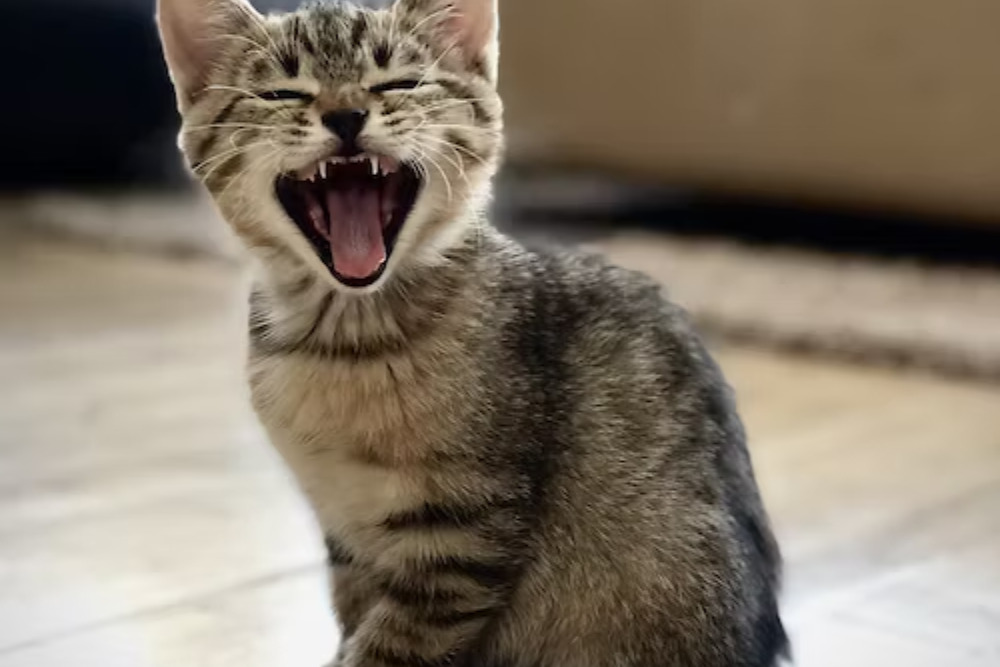
Maintaining healthy gums is crucial for your cat’s oral health and overall well-being. Unhealthy gums can lead to dental problems, pain, and even systemic health issues. To promote healthy cat gums, ensure regular dental care. This includes brushing your cat’s teeth with cat-friendly toothpaste, providing dental treats or toys designed to reduce plaque buildup, and scheduling regular dental check-ups with your veterinarian.
Monitoring Cat Weight by Age
Cats, like humans, undergo various changes in weight as they age. It’s important to monitor your cat’s weight throughout their life stages to identify any significant fluctuations. Kittens usually experience rapid growth, while adult cats tend to maintain a more stable weight. As cats reach their senior years, they may experience weight loss or gain due to age-related factors. Regular veterinary check-ups and discussions about your cat’s weight can help ensure they remain healthy.
Average Healthy Cat Weight
The average healthy cat weight can vary depending on factors such as breed, age, and body type. As a general guideline, domestic cats typically weigh between 8 and 10 pounds (3.6 to 4.5 kilograms). However, larger breeds can weigh up to 20 pounds (9 kilograms) or more. It’s crucial to consider your cat’s individual characteristics and consult with your veterinarian to determine the ideal weight range for your specific cat.
Our SUPERFOOD “Human Grade” High Potency All-Natural Supplement helps reduce inflammation in all parts of the body and supports all systems in the body including digestion, hip and joint, skin and coat, circulatory system, and immune system.
Read our blog about the benefits of Cellular BOOST daily for your cats and dogs.
-
Cellular BOOST
$35.00 - or Subscribe and Save 10% -
Cellular BOOST & Essential OMEGAS Bundle
$84.00 - or Subscribe and Save 10% -
Essential OMEGAS
$49.00 - or Subscribe and Save 10%
Final Thoughts
In conclusion, this comprehensive guide has highlighted the essential aspects of maintaining a healthy cat. We’ve emphasized the significance of a holistic approach, including nutrition, weight management, dental care, and age-specific considerations. By following these guidelines, you can ensure your feline companion enjoys a happy and healthy life. Remember to consult your veterinarian for personalized advice and tailored recommendations for your cat’s specific needs.
Frequently Asked Questions (FAQs)
1. What are the essential nutrients for cats?
Cats require a balanced intake of protein, fats, carbohydrates, vitamins, and minerals for their overall health. These nutrients support their energy levels, immune system, and various bodily functions.
2. Why is high-quality protein important for cats?
High-quality protein sources, preferably animal-based, are essential for cats. Protein contributes to their muscle development, healthy skin and coat, and overall well-being. It is crucial to provide them with protein-rich diets.
3. How do I choose healthy cat food brands?
When selecting cat food brands, prioritize those that use quality ingredients and provide a balanced diet for cats. Look for reputable brands that have a focus on nutrition and meet the necessary standards.
4. What should I look for when reading cat food labels?
When reading cat food labels, pay attention to the ingredient list and avoid common additives, preservatives, and fillers. Look for products that have received AAFCO certification, ensuring they meet the necessary nutritional standards.
5. Are homemade cat food options beneficial?
Homemade cat food can offer advantages, but it requires careful consideration. It is important to understand the risks and challenges associated with preparing homemade cat food and ensure it provides a balanced diet. Guidelines and recipes for balanced homemade cat food are available.
6. How can I help my cat maintain a healthy weight?
Maintaining a healthy weight is crucial for a cat’s well-being. Follow feeding guidelines based on your cat’s age and activity level. Practice portion control, establish regular feeding schedules, and encourage exercise. Veterinary guidance can also assist in managing your cat’s weight effectively.
7. What are the risks of underweight or overweight cats?
Both underweight and overweight cats face potential health consequences. Underweight cats may experience weakness, poor immune function, and stunted growth, while overweight cats are at risk of obesity-related health issues such as diabetes, joint problems, and heart disease.
8. Can I give treats to my cat? If so, what kind?
Treats can be given to cats as occasional rewards. Choose nutritious treats that are low in calories and contribute to their overall health. There are various healthy treat options available in the market, and homemade treats can also be a great choice.
9. How can I ensure good dental health for my cat?
Maintaining good dental health is essential for your cat’s overall well-being. Establish a dental care routine that includes brushing techniques, dental chews, and dental rinses. Regular veterinary dental check-ups are also important for proper dental care.
10. What are the specific considerations for cats at different stages of life?
Cats have different nutritional needs and considerations at each life stage. Kittens require specific nutrients for growth, while adult cats need a balanced diet for maintenance. Senior cats have age-related health concerns that should be addressed through appropriate nutrition, weight management, dental care, and supplements if necessary. Consult with your veterinarian for personalized advice.



